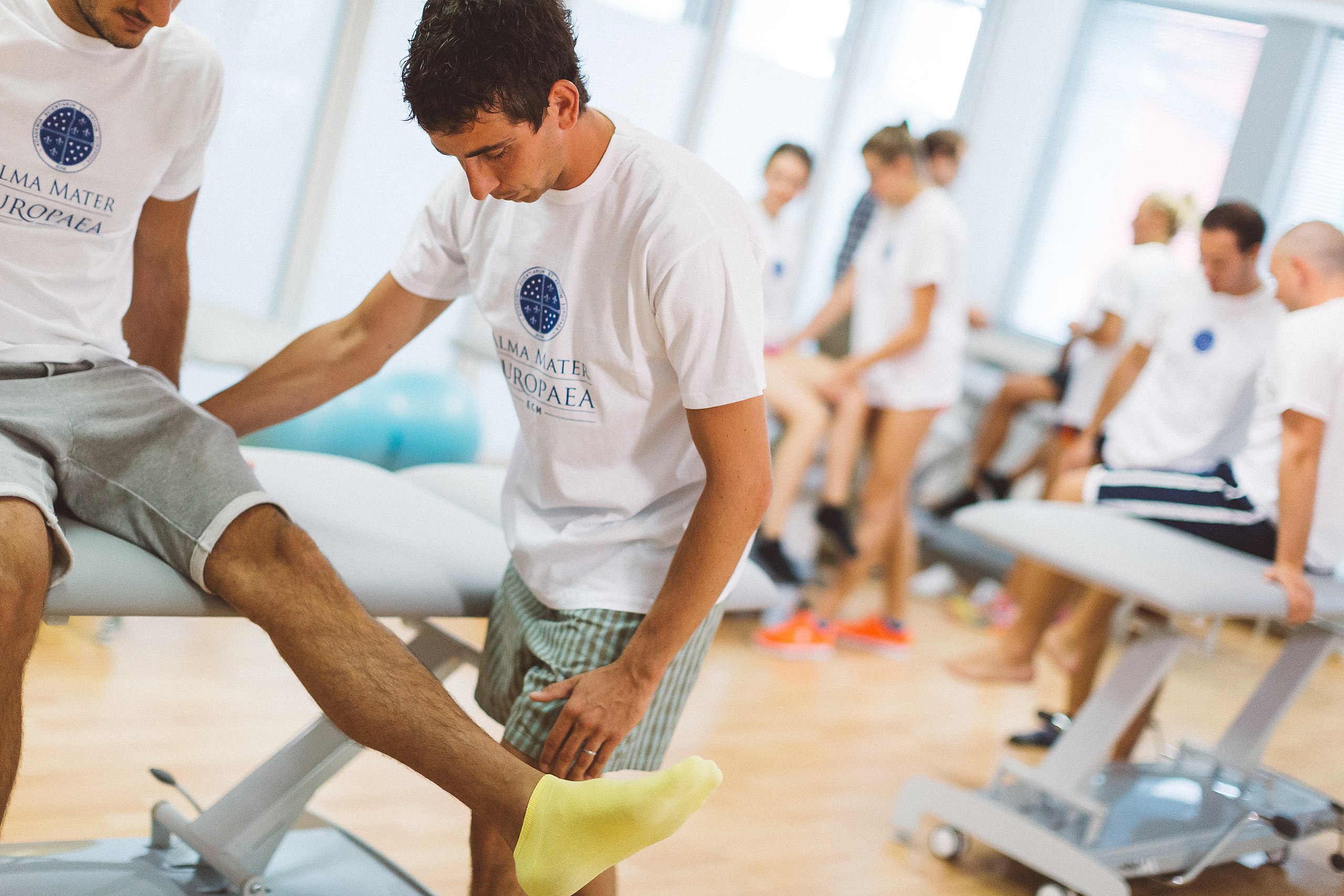A sports nutritionist is a registered dietitian who has obtained the credential of CSSD (Certified Specialist in Sports Dietetics). She can help athletes with their eating plans and meet their athletic goals.
Proper nutrition is vital for growth, achieving good health and scholastic achievement, and providing energy (1). It also enhances performance (2).
Optimal Nutrition
Optimal nutrition focuses on whole food, hydration and supplements. Having these components in balance helps you unlock your body’s true potential.
Depending on your sport and training intensity, you need a diet that meets your energy requirements. You also need to maintain a balanced intake of protein, carbohydrates and fats. This can be achieved by following a diet that includes plenty of whole foods and limiting processed junk food.
A well-fueled athlete is ready to train harder and perform better. A well-nourished young athlete is also less susceptible to injuries, has the ability to concentrate and is able to recover faster. A sports nutritionist can help you make the right choices to fuel your body before, during and after exercise and competitions. Ideally, your sports nutritionist will be a registered dietitian. They can provide you with individualized recommendations and help you optimize your health, performance, recovery and body composition goals. They can also suggest dietary supplements to support your training.
Weight Management
As part of their job, a sports nutritionist counsels athletes on diet and weight management issues. They help them achieve a healthy body composition that maximizes performance without resorting to unhealthy or dangerous weight loss practices.
They provide meal and snack plans to support achieving short-term and long-term performance goals. They also counsel on hydration, food allergies, gastrointestinal disturbances, and disorders such as iron deficiency.
In addition to their nutritional counseling, they also evaluate and monitor the use of nutritional supplements. They can also work as members of multidisciplinary sport medical/sports science teams.
A world-class sports nutritionist will tailor their recommendations to your unique needs. They should be able to address your concerns and make sure they aren’t giving you generic advice just to save time in their busy schedules. They’ll listen to you and your goals, and make sure that they are providing you with a long-term solution. They’ll also track your progress and help you stay motivated.
Endurance Training
Endurance training involves aerobic exercise that increases the body’s ability to use oxygen during sustained activity. This type of exercise helps to reduce fatigue and improve overall cardiovascular health. It also helps to strengthen muscles and bones and maintain flexibility. There are many different types of endurance training exercises, such as jogging, cycling, swimming, and walking.
Athletes typically need to consume high amounts of carbohydrate and protein for endurance sports. It is also important to follow an appropriate training heart rate and hydration regimen. Generally, an athlete should not exceed 130 bpm during a workout.
It’s also important to avoid consuming high-fat foods close to the time of a workout, as this can cause excess fat gain. However, if you’re a beginner in endurance training, it is important to start slow and gradually increase the intensity and duration of your workouts. This will help to prevent injury and burnout.
Recovery
Athletes who want to perform at their best must understand that building and repairing muscle happens during recovery. Intense exercise depletes energy and nutrient substrates, damages muscle and joint tissues, and accumulates metabolic byproducts. Optimal performance requires an integrated approach to recovery that includes nutrition, rest, and injury prevention.
Replenishing carbohydrate and promoting muscle protein synthesis are key to recovery. Athletes should aim to consume carbohydrates within 60-90 minutes after training or competition to maximize recovery.
Another important aspect of recovery is mobility training, which helps prevent tight muscles from restricting the flow of blood and preventing optimal muscle function. Try foam rolling or adding some flexibility exercises to your routine, especially on rest days.
Finally, athletes must hydrate properly. Hydration is critical for all metabolic functions, and consuming adequate fluid replacement can enhance recovery by helping reduce the accumulation of muscle metabolites (byproducts) and decreasing the rate of post-exercise fatigue. Athletes can hydrate by drinking water or other low-calorie sports drinks.sports nutrition near me

